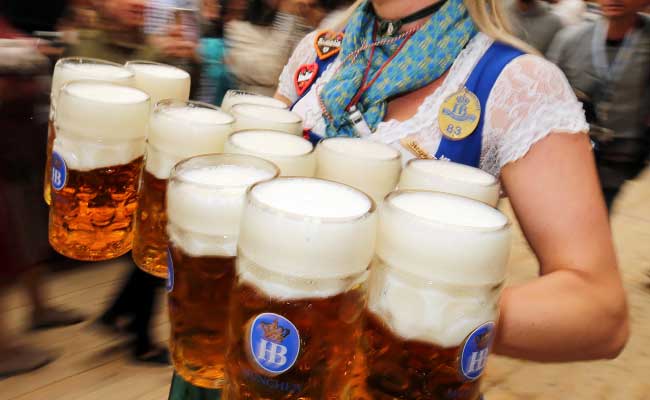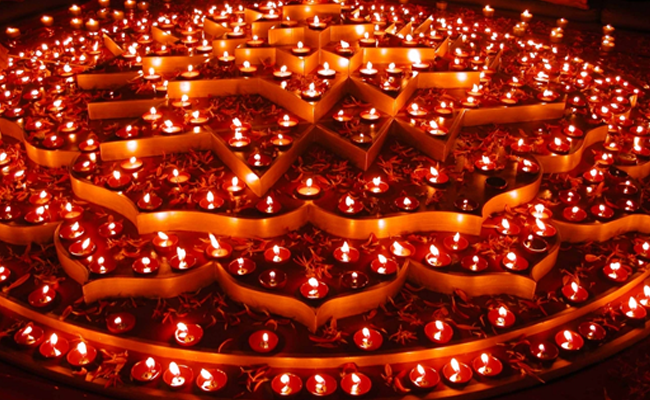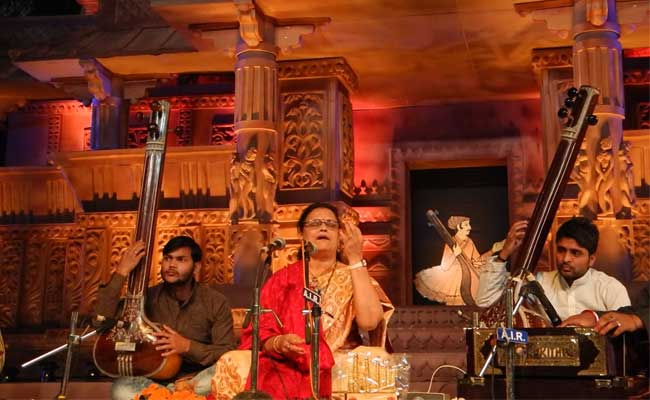Fateha Doaz daham is a significant religious observance among many Muslims, especially in South Asia. The event commemorates a prominent Islamic figure, Hazrat Abdul Qadir Geelani (RA), also known as Ghaus-e-Azam, the founder of the Qadiriya Sufi order. The term “Fateha” refers to a prayer or recitation of the first chapter of the Qur’an (Sura al-Fatiha), while “Dawaz Dahm” refers to the twelfth day of the Islamic month, Rabi’al-Thani. This day is reserved to honor the life, teachings, and spiritual legacy of Hazrat Abdul Qadir Gilani.
Background of Hazrat Abdul Qadir Geelani (RA).
Before knowing why Fateha Doaz Daham is celebrated, it is very important to understand the life of the revered personality, Hazrat Abdul Qadir Geelani. He was born in 1077 CE in Gilan, present-day Iran, and later moved to Baghdad, which was the intellectual and spiritual center of the Islamic world at the time. His life was devoted to preaching, spiritual teaching, and writing, and he became widely known for his profound knowledge of Islamic theology, jurisprudence, and mysticism.
Hazrat Abdul Qadir Geelani is regarded as the most influential saint in the history of Islam, especially in Sufism. His contribution to the spread of Islamic values, teachings, and spiritual practices has left an indelible mark on the Muslim community worldwide. His followers saw him as a guiding light who illuminated the path of a life of piety, humility, and devotion to Allah.
Significance of Fateha Doaz Dahm
Fateha Doaz Daham is primarily observed as a day of spiritual reflection, prayer, and paying tribute to the life of Hazrat Abdul Qadir Geelani. The day carries significant spiritual and cultural significance, especially among Muslims who follow Qadiriya Sufis. For them, it is a moment to renew their commitment to spiritual growth and recall the teachings of Ghaus-e-Azam.
- Spiritual renewal
One of the main reasons for celebrating Fateha Doaz Daham is that it provides an opportunity for spiritual renewal. Hazrat Abdul Qadir Geelani emphasized piety, devotion, and service to humanity and his teachings focused on inner purification of the soul. By participating in performing Fateha Duaaj Daham, individuals seek to cleanse their hearts of worldly attachments and rededicate themselves to the worship of Allah.
Many Muslims see this day as an opportunity to seek spiritual blessings or barakah, reflecting the wisdom and guidance of Ghaus-e-Azam. Through prayer and recitation of the Qur’an, especially Surah Al-Fatiha, participants seek to draw closer to God and seek His mercy, as advocated by Hazrat Abdul Qadir Geelani throughout his life.
- Commemoration of his legacy
Fateha Doaz Daham serves as a time to honor the legacy of Hazrat Abdul Qadir Geelani. His followers believe that he was a beacon of spirituality and wisdom, whose teachings transcend time and guide the faithful on the path of Sufism. His works, such as al-Ghuniya li Taalibi Tariq al-Haq (Sufficiency of the Seeker on the Path of Truth) and Futuh al-Ghayb (Revelation of the Unseen), are revered texts in Islamic mysticism and are often studied during this period. While gaining insight into his philosophy.
On this day, many mosques, homes, and Sufi centers organize gatherings where people gather to recite prayers, read his works, and discuss his teachings. His famous quote, “My foot is on the neck of every saint” is often repeated to denote his superior spiritual status among the saints of Islam. The gatherings evoke a sense of community, with believers reiterating their commitment to the spiritual ideals laid down by Hazrat Abdul Qadir Gilani.
- Recitation of Fateha (prayer)
At the heart of the celebration is the recitation of the Fateha, a ritual recitation of prayers, especially the first chapter of the Quran. This prayer has immense significance in Islam, as it is believed to encapsulate the essence of the message of the Quran. During Fateha Doaz Dahm, the recitation is dedicated to Hazrat Abdul Qadir Geelani, praying to Allah to grant him peace and increase his spiritual status.
The act of making Fateha also serves as a reminder to the living about the temporary nature of life and the importance of preparing for the afterlife. Muslims engage in this practice not only to pray for the saint but also to remind themselves to live a life of righteousness according to the teachings of Islam.
- Cultural and Social Significance
Apart from the spiritual importance, Fateha Doaz Dahm has cultural and social dimensions, especially in regions like India, Pakistan, Bangladesh and the Middle East. Communities often gather to prepare food and distribute it to family, friends, and the poor. This act of charity is seen as a way of honoring the teachings of Hazrat Abdul Qadir Gilani, who placed great emphasis on generosity and helping the needy.
In some areas, special mahfils (gatherings) are held where Islamic scholars deliver sermons on the life and legacy of Ghaus-e-Azam. These sermons focus on the values of humility, devotion, and compassion, reinforcing the importance of incorporating these qualities into daily life. For many, the celebration also serves as a moment of social bonding, where family and friends gather to share food, stories, and prayers.
Relevance of Fateha Doaz Dahm today
In today’s fast-paced world, where materialism and individualism often prevail, celebrating Fateha Doaz Daham offers a moment of pause. It encourages believers to turn inward and reflect on their spiritual journey, urging them to strive for a balanced life between worldly responsibilities and devotion to Allah. Hazrat Abdul Qadir Gilani’s teachings remain relevant because they provide timeless wisdom on how to navigate life’s complexities while anchored in faith.
His message of tolerance, compassion, and humility resonates deeply in contemporary times, especially in an era marked by division and conflict. By celebrating Fateha Doaz Daham, followers of Jhaus-e-Azam not only honor his memory but also pledge to live up to the principles of love, service, and devotion that he so strongly espoused.
Fateha Doaz Daham is much more than a religious observance; It is a celebration of a spiritual legacy that continues to inspire millions of Muslims worldwide. Through prayers, reflections, and community gatherings, the faithful come together to honor the life of Hazrat Abdul Qadir Gilani and seek blessings for themselves and their loved ones. As they recite the holy verses and immerse themselves in the teachings of Ghaus-e-Azam, they renew their commitment to living a life of devotion, humility, and service to Allah. The celebration of Fateha Doaz Daham thus serves as a constant reminder of the enduring power of faith, spirituality, and the pursuit of divine knowledge.
Read Also: Eid
![]()






One thought on “Why Fateha Doaz daham is celebrated”